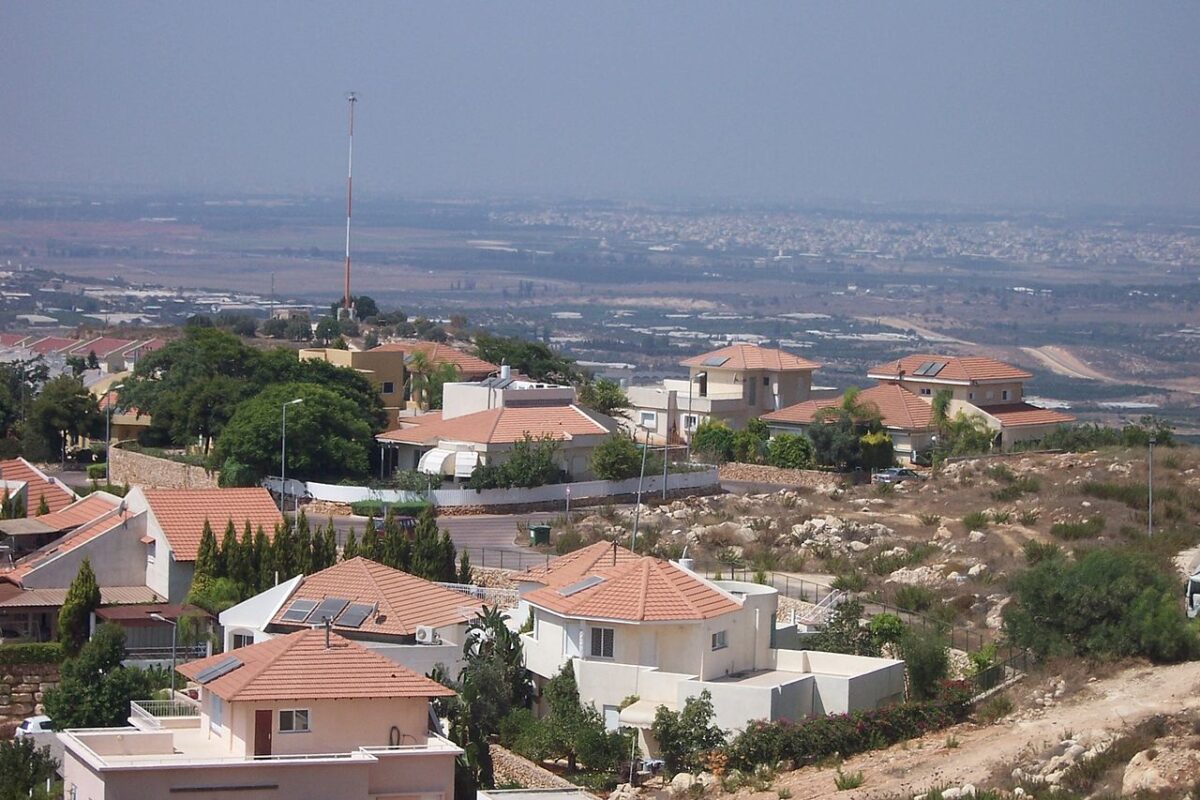Human Rights Watch recently released a damning 213-page report condemning Israel’s treatment of Palestinians in the West Bank and its own Arab citizens. The world’s oldest human rights organization accused Israel of the crimes of apartheid and persecution.
The report was written by Omar Shakir, its Israel and Palestine director. Expelled from Israel in 2019, he currently lives in Amman, Jordan.
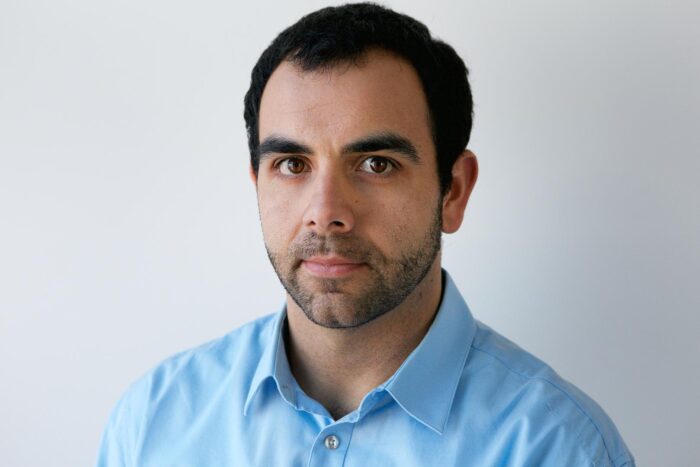
Israel’s Foreign Ministry summarily dismissed it as “preposterous and false,” saying that Human Rights Watch “is known to have a longstanding anti-Israel agenda.”
Human Rights Watch, based in New York City, sent Prime Minister Benjamin Netanyahu a letter last July soliciting Israel’s perspective of the issues explored in the report. Netanyahu’s office confirmed receipt by phone and by email in August, but failed to respond by the date of publication.
This is not the first time Israel has been accused of apartheid.
The United Nation’s special rapporteur monitoring the human rights situation in the Palestinian territories, John Dugard, wrote in 2007 that “elements” of Israel’s occupation “constitute forms of colonialism and of apartheid, which are contrary to international law.”
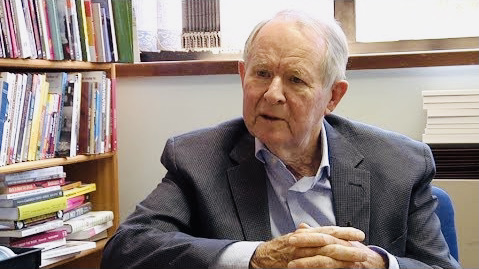
Earlier this year, B’Tselem, the Israeli human rights organization, described Israel as an apartheid state.
It is admittedly difficult for Israel to internalize, much less accept, this accusation. Israel was founded as a haven for the Jewish people, who have been the victims of persecution, discrimination and genocide. And Israel is still widely regarded as a democratic state in an Arab sea of autocracy.
But ever since the 1967 Six Day War, Israel has been an occupying power in the West Bank and has denied Palestinians the statehood they yearn for and surely deserve.
Israel’s military occupation of the West Bank is an albatross around its neck. It has drained scarce resources, sullied Israel’s image and reputation, and could well undermine its status as a democratic Jewish state.
If current trends persist, Israel could degenerate into a binational state, which would spell finis to the Zionist dream.
Israel unilaterally withdrew from the Gaza Strip in 2005, but remains deeply entrenched in the West Bank, which is home to some 2.7 million Palestinians and 400,000 Israeli settlers.
Under the 1995 Oslo accord, the West Bank was divided into three separate zones. Israel has sole control of Area C, which comprises about 60 percent of its territory and contains the vast majority of Israeli settlements.
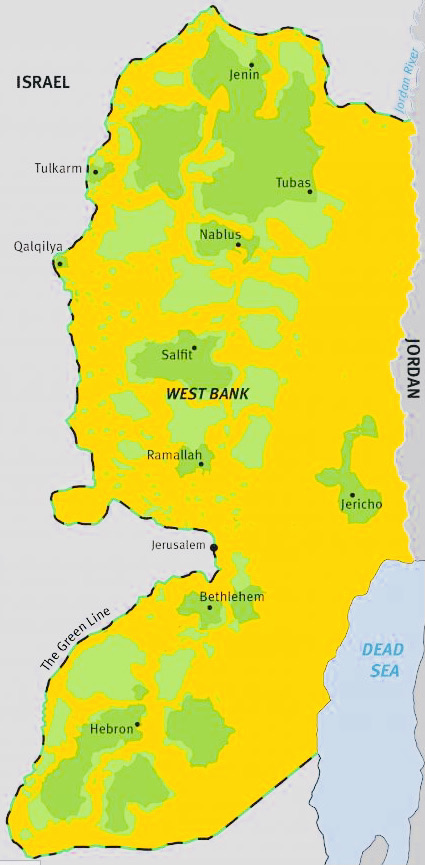
Israel exerts partial control over Area B, which accounts for 21 percent of the West Bank’s land mass. The Palestinian Authority is fully in charge of Area A, but it is often penetrated by the Israeli army in search of terrorists.
Human Rights Watch hews to its own definition of apartheid, a system of segregation commonly associated with the old South Africa. By its reckoning, Israel’s determination “to maintain the domination of Jewish Israelis over Palestinians” in the West Bank, coupled with its “systematic oppression” of Palestinians, constitutes “the crime of apartheid.”
Human Rights Watch’s legal definition of apartheid is codified in the International Convention on the Suppression and Punishment of the Crime of Apartheid and the Rome Statute to the International Criminal Court (ICC).
The Human Rights Watch report states, “The Apartheid Convention defines the crime against humanity of apartheid as ‘inhuman acts committed for the purpose of establishing and maintaining domination by one racial group of persons over any other racial group of persons and systematically oppressing them.'”
Israel’s “grave abuses” against the Palestinians amount to persecution and include “sweeping restrictions on freedom of movement and basic human rights,” land confiscations, home demolitions and the systematic denial of building permits, Human Rights Watch says.
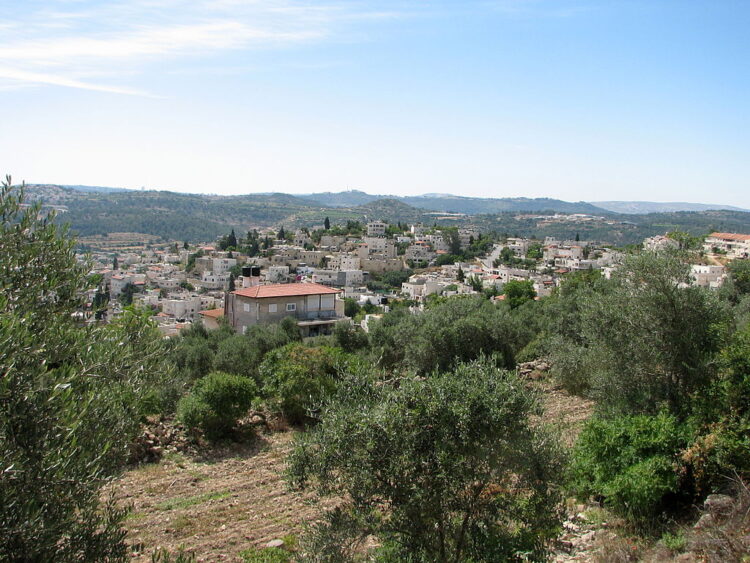
As for Israel’s two million Muslim and Christian Arab citizens, the descendants of Palestinians who remained in their homes and properties during the 1948 Arab-Israeli war, they have “the right to vote and stand for Israeli elections.” Yet they face “institutional discrimination” in the form of “widespread restrictions on accessing land confiscated from them, home demolitions, and effective prohibitions on family reunification.”
Regardless of your opinion of Human Rights Watch’s report, it cannot be dismissed with a wave of the hand. Rigorously researched and comprehensive in substance, it confirms widespread allegations that Israel is violating Palestinian human rights in the West Bank.
Critics in Israel and the Diaspora most probably will accuse Human Rights Watch of antisemitism, but this would be a shallow knee-jerk reaction. Criticism of Israel cannot be equated with antisemitism.
There are, of course, antisemites who will use any pretext to tar and defame Israel with the brush of apartheid. But Human Rights Watch should not be lumped together with such reactionary forces.
Israelis who justify the occupation at any cost cannot expect to be showered by rose petals. It is exacting a toll on Israel, as countless Israelis already recognize.
The Human Rights Watch report is painful to read and even harder to assimilate, but it should be seen as a wakeup call for Israel to amend its counter-productive policies toward the Palestinians in the cause of advancing a two-state solution and peace.
It is still not too late to start this long overdue process.
